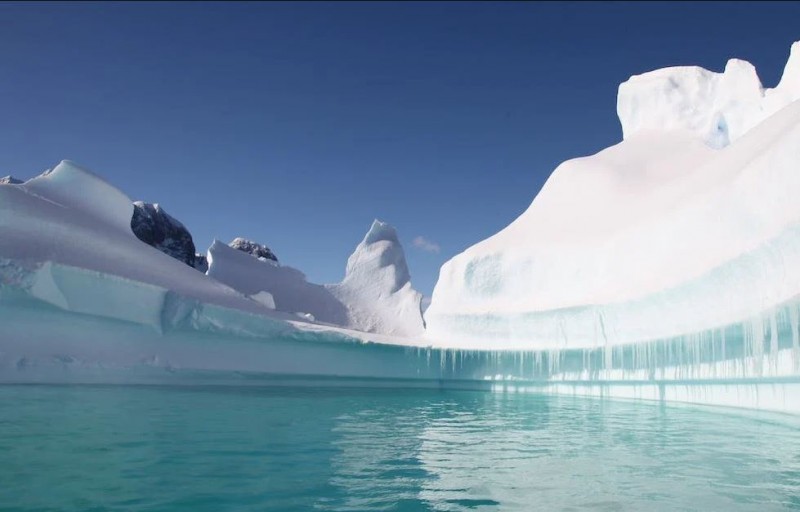
Antarctica, a land of extremes, holds many records when it comes to weather and climate. One such astonishing record is the coldest temperature ever recorded on Earth, plummeting to a bone-chilling -128.6 degrees Fahrenheit (-89.2 degrees Celsius). In this article, we will delve into the fascinating story of how this temperature was measured, the conditions that led to such extreme cold, and the scientific significance of this astounding phenomenon.
1. Antarctica: The Icy Continent
Antarctica, the southernmost continent on our planet, is renowned for its massive ice sheets and freezing conditions. It's a desolate landmass, mostly uninhabited, covered in ice that holds nearly 70% of the Earth's freshwater.
2. The Remote Vostok Station
In the heart of Antarctica lies the isolated Vostok Station, a Russian research facility. This location would be the stage for recording the lowest temperature ever observed on Earth.
3. The Historic Temperature Measurement
In 1983, scientists at the Vostok Station made history by measuring a jaw-dropping temperature of -128.6 degrees Fahrenheit. This remarkable event marked the coldest natural temperature ever recorded on the planet.
4. The Ideal Conditions for Extreme Cold
Several factors contribute to the extraordinary cold temperatures experienced in Antarctica:
4.1 Geographic Location
Antarctica's position near the South Pole places it in a region where the sun's rays hit the Earth at a very oblique angle. As a result, the continent receives minimal solar energy, leading to frigid conditions.
4.2 Polar Nights
During the winter months, Antarctica experiences polar nights, where the sun remains below the horizon for extended periods. This lack of sunlight intensifies the cold and creates the perfect environment for extremely low temperatures.
4.3 High Elevation
The Vostok Station is situated at a high elevation, which further exacerbates the cold. As cold air sinks and settles near the surface, the temperatures drop significantly.
5. Scientific Significance
The extreme cold of Antarctica provides scientists with valuable insights into various aspects of our planet and beyond:
5.1 Climate Change Studies
Studying the coldest regions on Earth helps scientists understand how climate change impacts such areas. Monitoring temperature fluctuations in Antarctica aids in predicting global climate patterns.
5.2 Space Exploration Research
The harsh conditions in Antarctica mimic some of the environments found on other planets and moons in our solar system. Thus, studying this region is vital for preparing future space missions.
5.3 Understanding Extreme Life Forms
Antarctica is home to extremophile organisms that can survive in the most inhospitable conditions. Learning about these life forms contributes to our understanding of the potential for life in extreme environments.
6. The Human Endurance
Enduring such severe cold is a formidable challenge for humans. Without appropriate clothing and shelter, survival is nearly impossible.
The coldest temperature ever recorded on Earth, an astounding -128.6 degrees Fahrenheit, serves as a testament to the extremes our planet can reach. Antarctica, with its icy landscape and freezing temperatures, offers a unique platform for scientific research and exploration. Understanding these extreme conditions not only helps us comprehend our planet better but also prepares us for future challenges, be it in space exploration or dealing with the impacts of climate change.
Tell an Old Joke Day: Celebrating Timeless Humor of Yesteryears
Josephine Chaplin, Actor and Daughter of Charlie Chaplin no more!
Govt Action Looms for Twitter after Viral Video of Manipur Women Paraded Naked